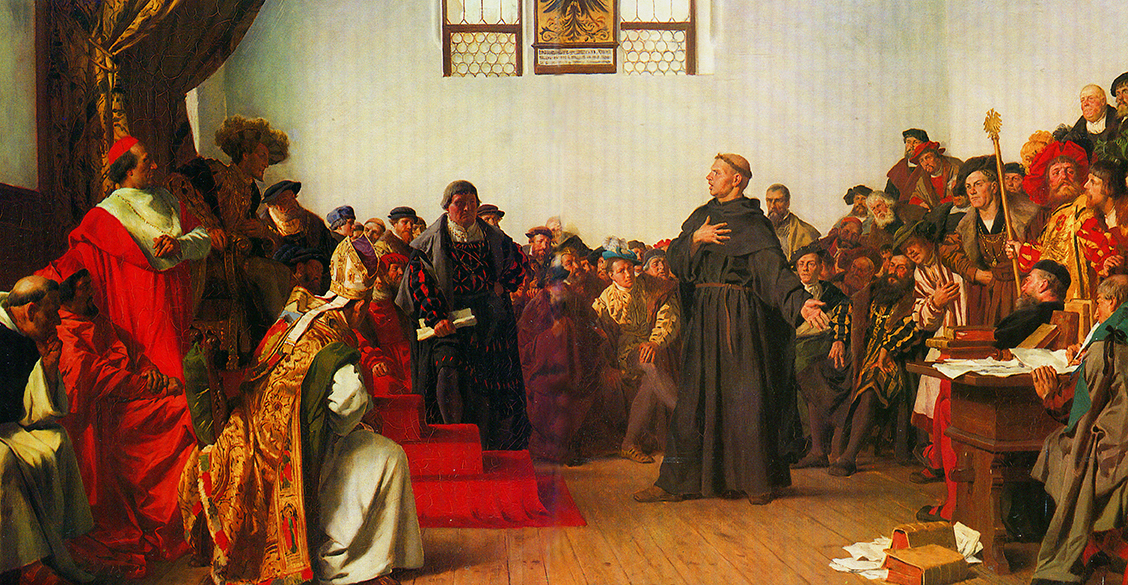Much discussion of devotional practices in Lutheran circles is usually in the context of whether a practice from another Christian tradition, such as Lectio Divina, or the Ignatian Examen would be permissible within our own. It is such a shame that because we Lutherans do have a rich devotional heritage of our own, and it is rarely talked about due to the inaccessibility of a lot of these works.
When it comes to spiritual exercises within our tradition, we usually think of Luther’s traditional directive, Oratio, Meditatio, and Tentatio. I was reading G.H. Gerberding’s The Lutheran Pastor, and he cited Loehe citing an interesting way this is applied in the devotional use of God’s Word.
Continue reading “The Heavenly Ladder of Devotion by Caspar Calvör”







